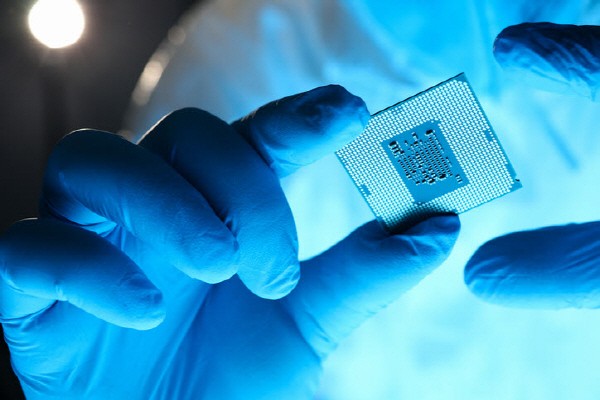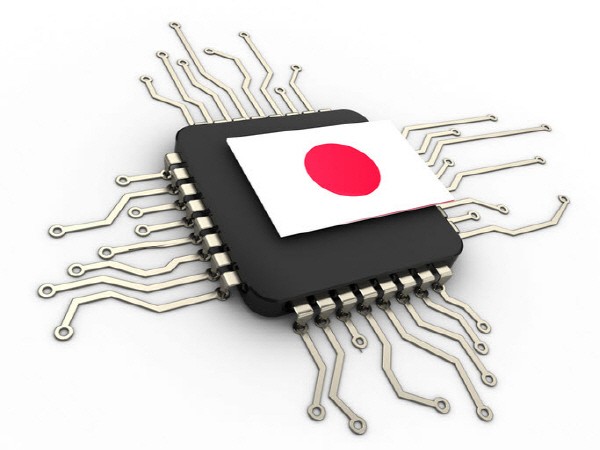Risk of violating WTO agreements
Pushing ahead the drafting of a bill...Initiate the hegemony race
Korea needs to increase the scope of support to induce investment

Japan enacts a law providing subsidies to companies that build semiconductor production plant in Japan. It is a very aggressive move despite the possibility of violating the World Trade Organization (WTO) agreement.
Taiwan and Europe, which are trying to recreate the glory of the past, joined the intensified competition for hegemony in the world semiconductors centered on the US and China, and now Japan. While each country is mobilizing its policies, it seems that Korea also needs special measures.
The Nikkei reported on the 8th that the Japanese government is preparing laws and systems to support high-tech semiconductor manufacturing companies. According to the report, it contains the basis for providing conditional subsidies to companies that build production plants in Japan. TSMC, which is currently building a new factory in Kumamoto Prefecture, is actually the first beneficiary.
The Japanese government has decided to push for a plan to add semiconductors as a new item to the relevant laws targeting 5th Gen (5G) mobile communication technology development companies, and will submit an amendment to provisional session of the National Assembly scheduled for next month. After securing hundreds of billions of yen in the revised (additional budget) budget, to prepare fund for the 'New Energy and Industrial Technology Development Organization' (NEDO).
A prerequisite for subsidy payment is 'construction of an advanced semiconductor factory'. After that, they are demanding △ stable production and investment after plant operation △ continuous technology development △ increase in production in case of supply shortages in Japan △ compliance with related laws to prevent technology leakage. Businesses who violate this rule are required to return the subsidy.
The Nikkei reported that “the WTO has established rules for government industrial subsidies so that fair trade is not affected, there is also a risk that subsidies may be sued by foreign WTOs depending on how they are operated.”
With the addition of Japan, the competition for leadership in the next-generation semiconductor market has intensified. This is because major countries are preparing large-scale support policies one after another at the national level as they claim to be production bases to secure a stable semiconductor supply chain.

The US is about to launch the “Innovation and Competition Act” which provides $52 billion (about 61.62 trillion KRW) of support for semiconductor manufacturing. It was passed in the Senate in June, and is about to go through the House of Representatives. It provides large-scale 'incentives' to companies building semiconductor production infrastructure in the United States, including domestic and foreign companies.
The beneficiaries include Samsung Electronics, Intel, and TSMC. In particular, the city of Taylor, Texas, US, a strong candidate for Samsung's semiconductor manufacturing plant, proposed to Samsung Electronics an extraordinary support plan to refund 92.5% of property tax on the factory site for the first 10 years. 90% for the next 10 years and 85% for an additional 10 years will be returned in the form of subsidies.
Europe is also accelerating aggressive investment attraction. The European Union (EU) centered on Germany and France is pushing for a plan to invest up to 50 billion euros (about 68.5 trillion KRW) in the semiconductor industry. It is interpreted as a strategy to secure everything from semiconductor technology development to production infrastructure. The EU is said to be discussing the scope of subsidy support in accordance with Intel's official European foundry construction.
Korea has started strengthening the competitiveness of the domestic semiconductor industry with the 'Act on Special Measures for Reinforcement and Protection of National Core Strategic Industries' (Semiconductor Special Act), but the industry's response has been lukewarm. Industry expected sufficient tax credits to be comparable to foreign incentives. However, the target of support is biased towards R&D, and the availability of support is still unclear. It is pointed out that there are insufficient incentives to attract corporate investment compared to foreign governments that focus on land and job creation to secure semiconductor production bases in their own countries.
By Staff Reporters Hee-seok Yun (pioneer@etnews.com), Dong-jun Kwon (djkwon@etnews.com)